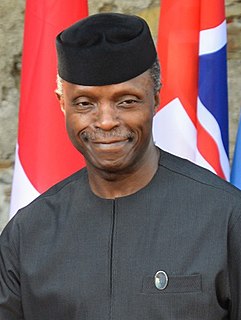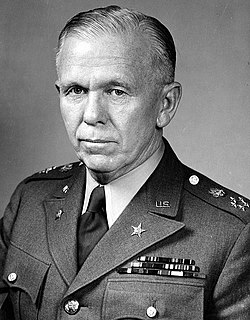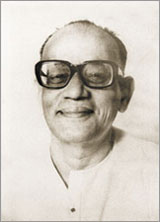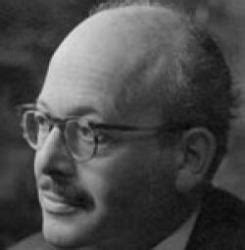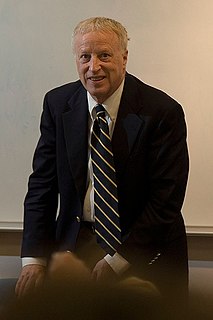A Quote by Napoleon Bonaparte
It is in times of difficulty that great nations like great men display the whole energy of their character and become an object of admiration to posterity.
Related Quotes
Hero-worship is the deepest root of all; the tap-root, from which in a great degree all the rest were nourished and grown . . . Worship of a Hero is transcendent admiration of a Great Man. I say great men are still admirable; I say there is, at bottom, nothing else admirable! No nobler feeling than this of admiration for one higher than himself dwells in the breast of men.
I am certain that a solution of the general problem of peace must rest on broad and basic understanding on the part of its peoples. Great single endeavors like a League of Nations, a United Nations, and undertakings of that character, are of great importance and in fact absolutely necessary, but they must be treated as steps toward the desired end.
They say great times make great men. I don't buy it. I saw a lot of weakness, a lot of filth. People who should have risen to the challenge and either couldn't or wouldn't. Greed, fear, stupidity and hate. I saw it before the war, I see it today. [...] I don't know if great times make great men, but I know they can kill them.
What are you to do? You are always to remember that you are the child of a Great Father. You must not think that you are a sinner, that you are a degraded person. If you think that you are a sinner, it means you are meditating on sin! When sin has become the object of your meditation, you will become a sinner, because a person becomes just like the object of his or her ideation. We become the object of our meditation.
When I meet a historian who cannot think that there have been great men, great men moreover in politics, I feel myself in the presence of a bad historian, and there are times when I incline to judge all historians by their opinion of Winston Churchill -- whether they can see that, no matter how much better the details, often damaging, of man and career become known, he still remains quite simply, a great man.
Some time ago a little-known Scottish philosopher wrote a book on what makes nations succeed and what makes them fail. The Wealth of Nations is still being read today. With the same perspicacity and with the same broad historical perspective, Daron Acemoglu and James Robinson have retackled this same question for our own times. Two centuries from now our great-great- . . . -great grandchildren will be, similarly, reading Why Nations Fail.
If the resources of different nations are treated as exclusive properties of these nations as wholes, if international economic relations, instead of being relations between individuals, become increasingly relations between whole nations organized as trading bodies, they inevitably become the source of friction and envy between whole nations.



